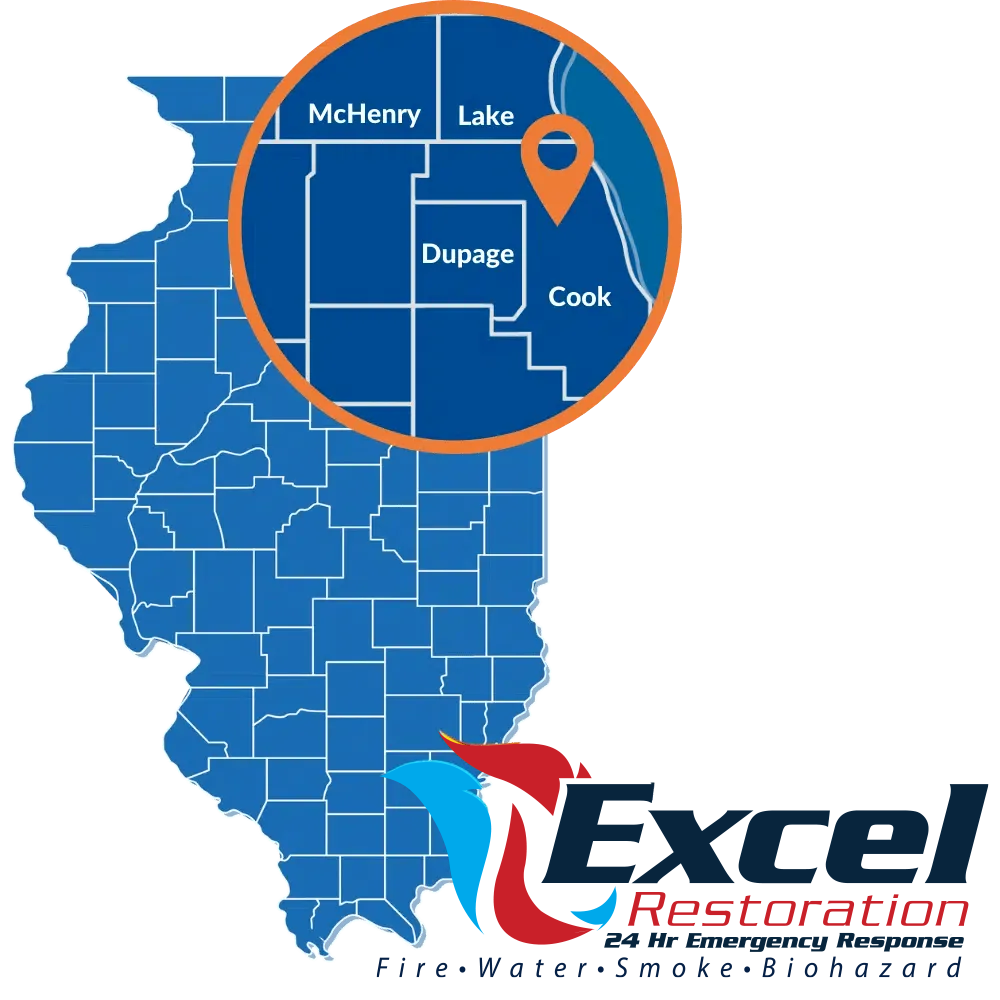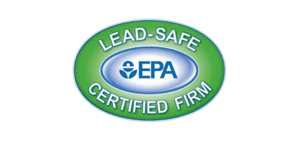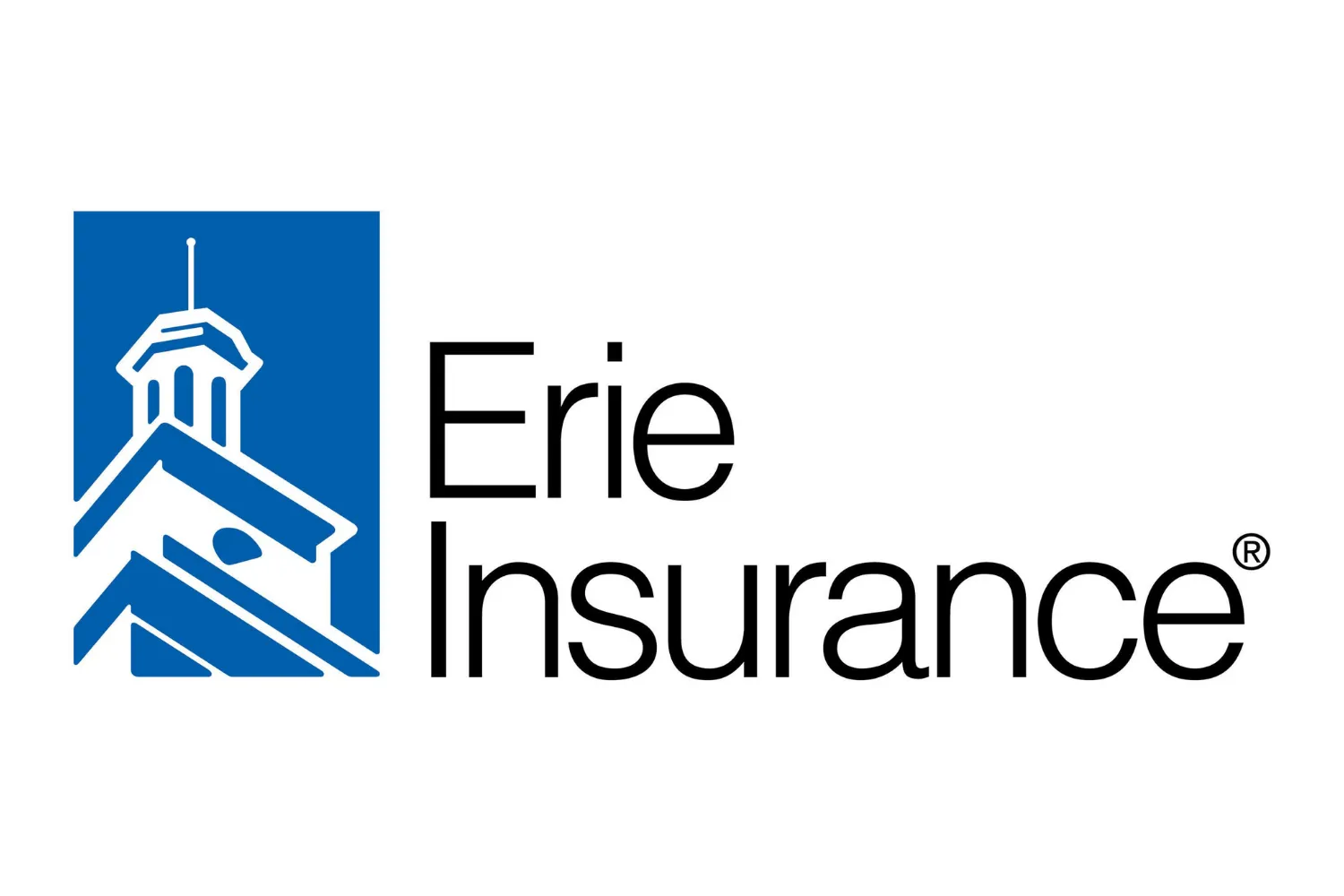Have you ever wondered if it’s safe to sleep in a house with water damage? Water damage can be caused by a variety of factors, such as flooding, leaky pipes, or even a burst water heater. While it may seem harmless to sleep in a water-damaged home, it can actually be quite dangerous. In this section, we will discuss the safety risks and health concerns associated with sleeping in a home that has sustained water damage.
Key Takeaways:
- Sleeping in a water-damaged home can pose various safety risks.
- Exposure to damp conditions and mold spores can lead to respiratory problems and allergies.
- Assessing the safety of sleeping in a water-damaged home should be done by seeking professional advice.
- Temporary solutions can reduce immediate risks, but addressing water damage promptly is crucial for long-term safety.
- Prioritize your health and well-being before deciding to sleep in a house with water damage.
Understanding the Risks of Water-Damaged Homes
Water damage can lead to serious risks for homeowners, particularly if left untreated. Structural damage is one of the top concerns, as water can weaken the building’s foundation and compromise the integrity of walls and ceilings. This can create safety hazards such as collapsing structures.
Table: Types of Structural Damage Caused by Water
| Type of Structural Damage | Impact on Homeowners |
|---|---|
| Foundation Damage | Increased risk of building collapse and poor structural integrity |
| Wall Damage | Loss of insulation, degraded air quality, potential for mold and mildew growth |
| Ceiling Damage | Increased risk of collapse, loss of structural integrity, potential for mold and mildew growth |
Mold growth is another major concern in water-damaged homes. Mold can start to grow in as little as 24-48 hours after water damage, if the conditions are right. Once mold is present, it can spread quickly and cause a range of health issues for homeowners, such as respiratory problems and allergies. It is crucial to address any water damage as soon as possible to prevent mold growth and provide a safe living environment for you and your loved ones.
Health Concerns and Sleeping in a Water-Damaged Home
Exposure to water-damaged homes can lead to various health risks, including respiratory problems and allergies. When homes experience water damage, it creates an ideal environment for mold growth. Mold thrives in warm and moist conditions, and if it’s not properly addressed, it can spread quickly throughout the home.
Mold releases spores into the air that can trigger allergic reactions and respiratory problems, such as coughing, wheezing, and shortness of breath. People with pre-existing respiratory problems, such as asthma, may experience more severe symptoms in water-damaged homes. Additionally, exposure to mold can weaken your immune system and increase your risk of respiratory infections.
Mold is not the only health concern associated with water-damaged homes. Damp conditions can also create an environment for bacteria and other harmful organisms to grow. Exposure to these organisms can cause a range of health issues, including skin irritation and infections, fevers, and other flu-like symptoms.
The bottom line is that sleeping in a water-damaged home can be hazardous to your health. It’s essential to address water damage and mold growth promptly, and avoid prolonged exposure to damp conditions.
Assessing the Safety of Sleeping in a Water-Damaged Home
Before deciding whether it is safe to sleep in your water-damaged home, it is crucial to undertake a professional assessment. Even if the damage appears minimal, there may be underlying structural issues that can pose a significant risk to your safety.
Seeking professional advice is essential to determine the extent of the damage and its potential impact on your health. A licensed remediation expert can conduct a thorough inspection of the property and provide valuable insights into any safety concerns that may exist.
In addition to professional assessment, you can take temporary measures to minimize immediate dangers. Safety precautions such as wearing protective gear such as gloves, goggles, and respiratory masks can limit exposure to mold spores and other airborne pollutants. Proper ventilation of the affected areas and the use of dehumidifiers can also help reduce the risk of mold growth and dampness.
| Temporary solutions to minimize dangers: |
|---|
| Seek professional assessment to determine the extent of the damage and safety risks |
| Wear protective gear such as gloves, goggles, and respiratory masks |
| Properly ventilate the affected areas |
| Use dehumidifiers to reduce the risk of mold growth and dampness |
While these temporary solutions can help safeguard your immediate well-being, it is important to address the root cause of the water damage promptly. Undertaking proper remediation measures and repairs can ensure the safety of your home and protect your long-term health.
Conclusion
In summary, if you must sleep in a water-damaged home, you expose yourself to potential safety and health risks. Structural damage can cause the building to become unstable, and mold growth can lead to respiratory problems and allergies. While you can implement temporary solutions to reduce immediate risks, it’s vital to seek professional assistance and address the water damage promptly.
Protect your health and well-being by avoiding sleeping in a water-damaged home if possible. Consider staying elsewhere until the damage is remediated, or at the very least, take proper precautions to protect yourself from any potential hazards.
Remember, prevention is key when it comes to water damage. Addressing any issues promptly and thoroughly can prevent serious health and safety concerns from arising in the future. Take care of your home, and it will take care of you.
FAQ
Can I sleep in a house with water damage?
It is not advisable to sleep in a house with water damage. Water damage can lead to structural issues and the growth of mold, which can pose risks to your health and safety.
What are the risks of water-damaged homes?
Water-damaged homes can present various risks. Structural damage may occur, compromising the stability of the house. Additionally, the presence of moisture can lead to the growth of mold, which can be harmful to your health.
How can water damage impact my health?
Sleeping in a water-damaged home can expose you to mold spores and damp conditions, which can contribute to respiratory problems and allergies. It is important to recognize the potential health concerns associated with water damage.
How can I assess the safety of sleeping in a water-damaged home?
To assess the safety of sleeping in a water-damaged home, it is recommended to seek professional assessment. Professionals can determine the extent of the damage and advise on necessary precautions. In the meantime, temporary solutions can be implemented to minimize immediate risks.
What should I consider before deciding to sleep in a house with water damage?
Before deciding to sleep in a house with water damage, consider the potential risks to your health and safety. Structural damage and mold growth can have long-term consequences. Seek professional assistance and address the water damage promptly to prioritize your well-being.

















